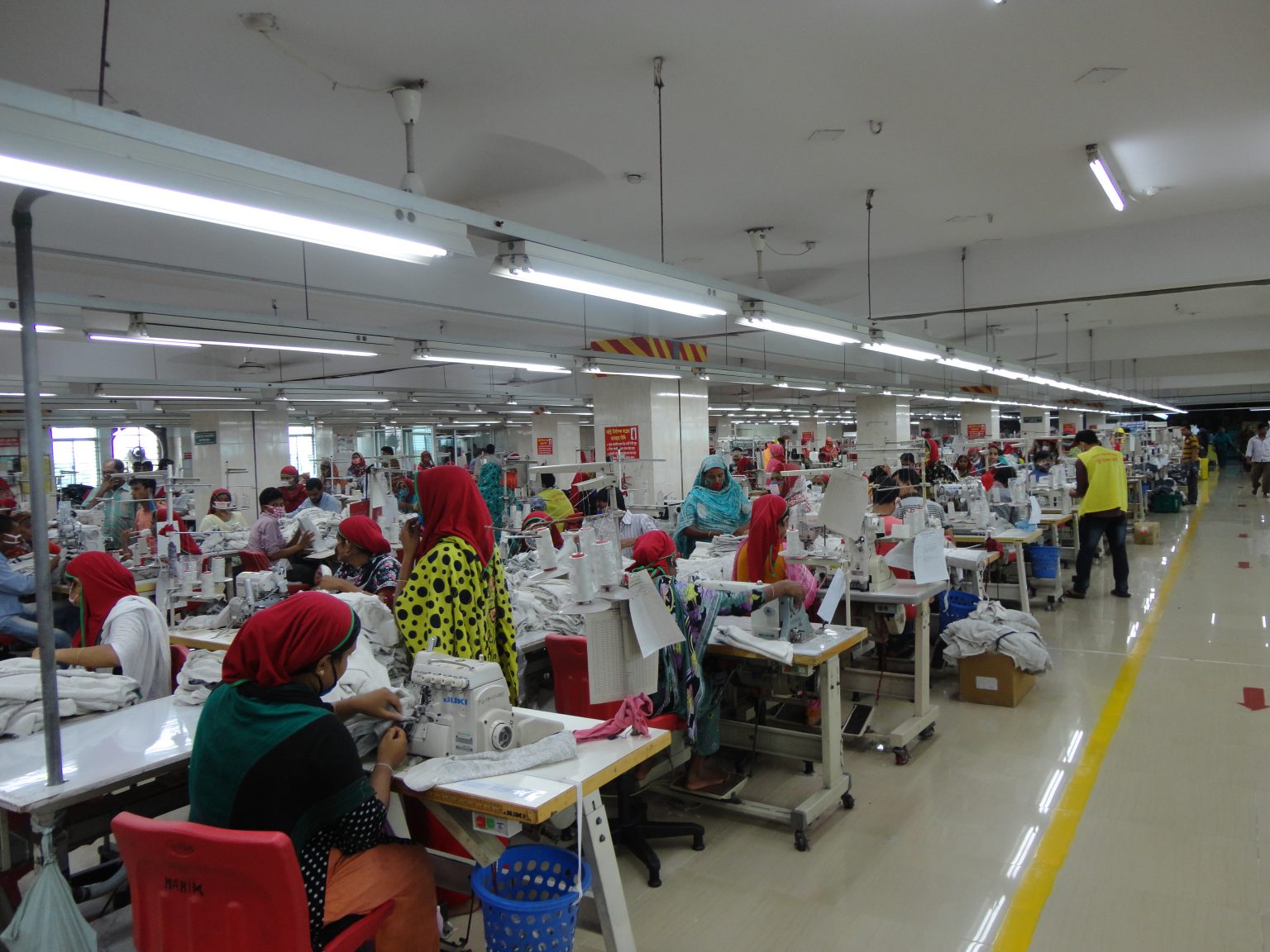Leaders of the ready-made garments (RMG) sector have renewed their call for uninterrupted power and energy supply, consistent policy support, and investment in workforce development to help the industry reach the ambitious $100 billion export target set by the government.
The appeal was made on Wednesday during the unveiling of a 12-point manifesto by the Sammilito Parishad panel of the Bangladesh Garment Manufacturers and Exporters Association (BGMEA).
The event, held in Dhaka, comes ahead of the BGMEA election scheduled for 28 May, which will determine 35 directors tasked with steering the country’s leading RMG trade body through the 2025–27 term.
Speaking at the event, panel leader and Chaiti Group owner Md Abul Kalam described the current period as one of the most challenging for the industry, citing energy shortages, global economic instability, and shifting trade dynamics.
He stressed the urgent need for government intervention to ensure reliable infrastructure, stable policies, and skills enhancement programmes to safeguard the sector’s competitiveness.
TEAM Group Managing Director Abdullah Hil Rakib underscored the need to diversify beyond the country’s traditional cotton-based production model and invest in man-made fibre (MMF), which now constitutes 76% of the global RMG trade.
By contrast, only 16% of Bangladesh’s garment output uses MMF, compared to 42% in China and 46% in Vietnam.
Rakib also criticised the high interest rates charged by local banks, arguing that current financing conditions disproportionately benefit bankers and buyers at the expense of manufacturers.
He called for more affordable financing options and fairer pricing from international buyers.
Rakib further expressed concern over the escalating threat of a US-led global tariff war, warning that new trade barriers could significantly harm the country’s export potential if not addressed through proactive diplomatic and trade strategies.
Former BGMEA president Faruque Hassan also addressed the event, urging the government to delay Bangladesh’s planned graduation from Least Developed Country (LDC) status, currently set for 2026.
He proposed extending the timeline to 2031 or 2032 to allow the industry more time to adapt to the loss of preferential trade benefits, including duty-free access and development assistance.
While LDC graduation represents a significant developmental milestone, industry leaders have cautioned that it could disrupt export growth, reduce foreign exchange earnings, and undermine competitiveness unless adequate transitional measures are put in place.
The RMG sector remains the backbone of Bangladesh’s economy, accounting for over 80% of the country’s total export earnings and employing more than four million workers, the majority of them women.
Achieving the $100 billion export milestone, leaders emphasised, will require not only access to stable energy and affordable financing, but also well-coordinated policy support and strategic investment—priorities that Sammilito Parishad is seeking to champion in the upcoming BGMEA election and beyond.


